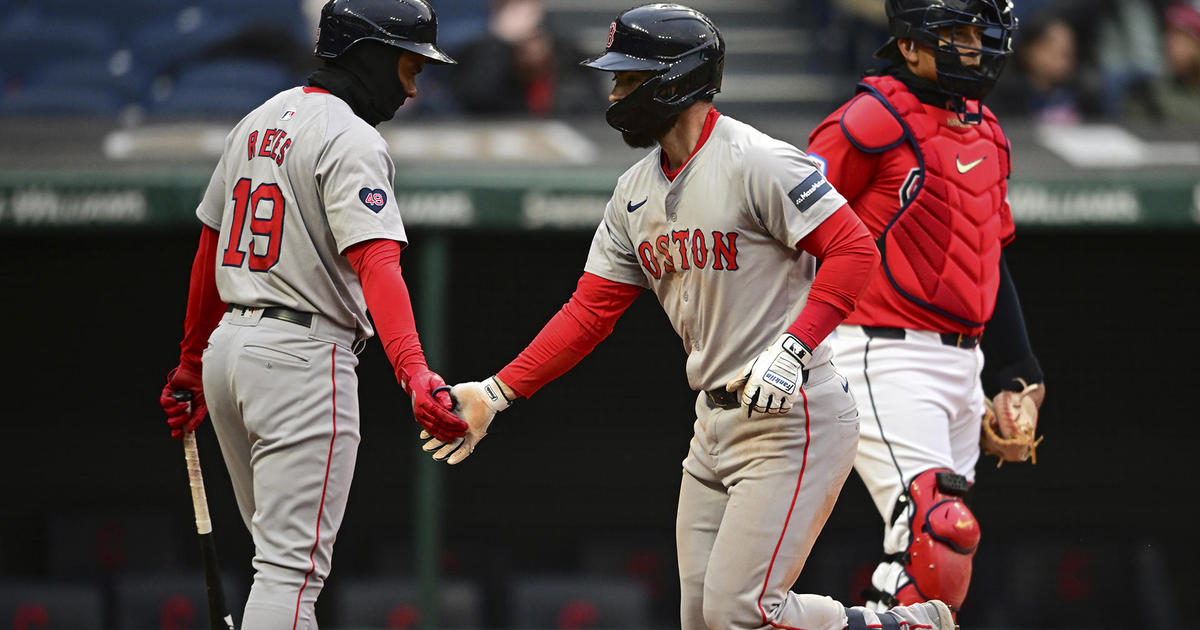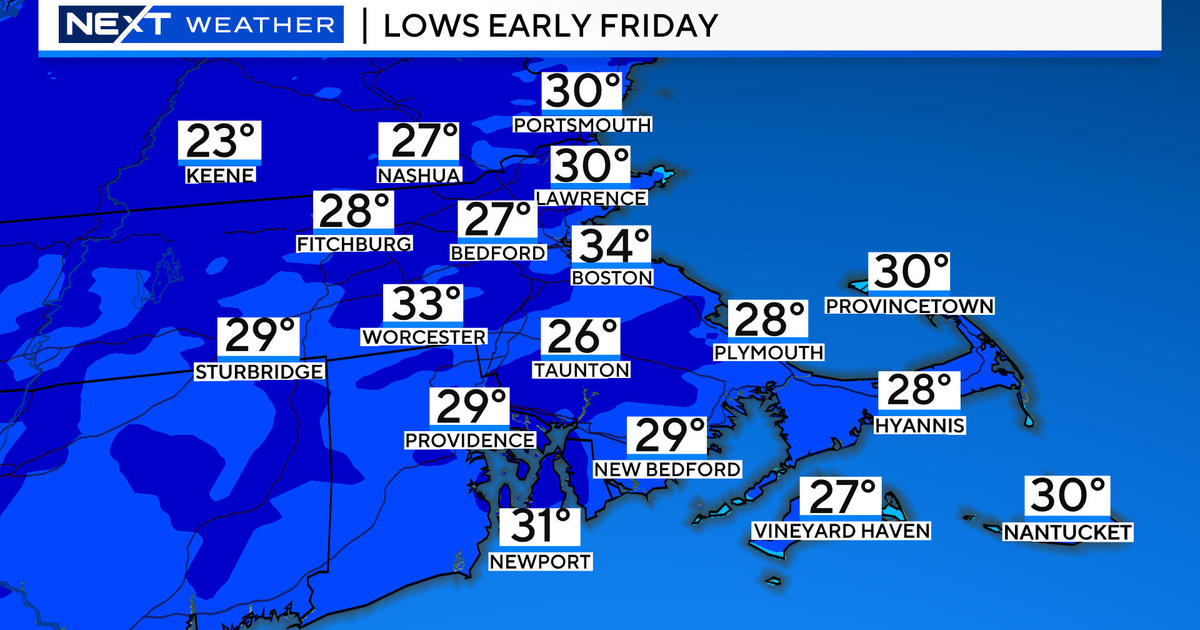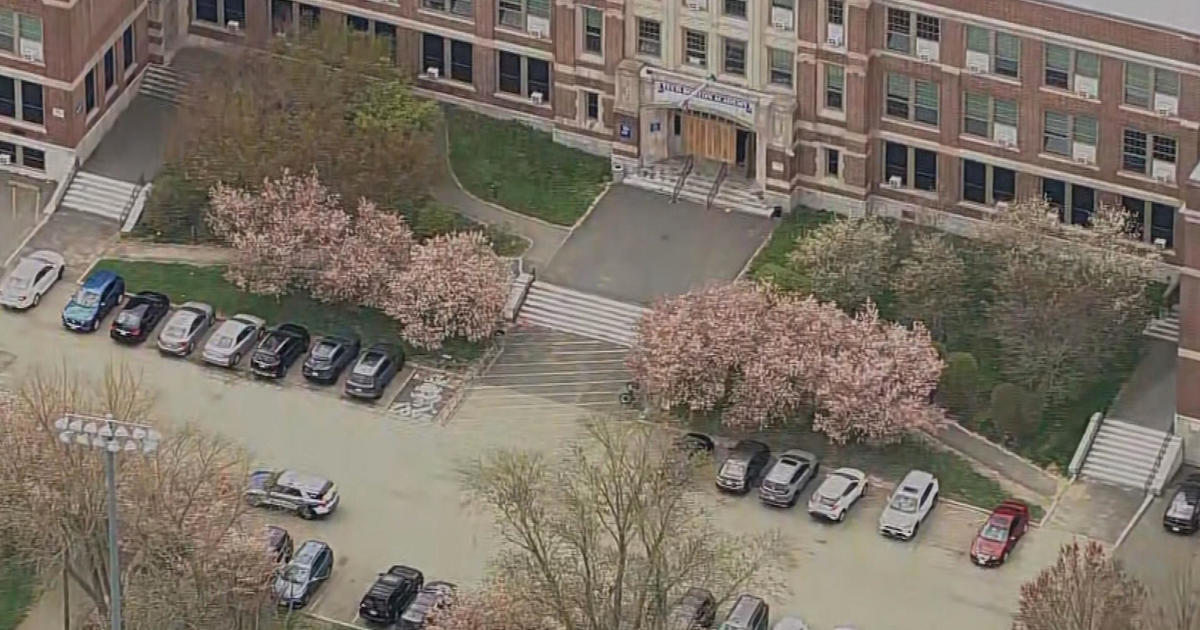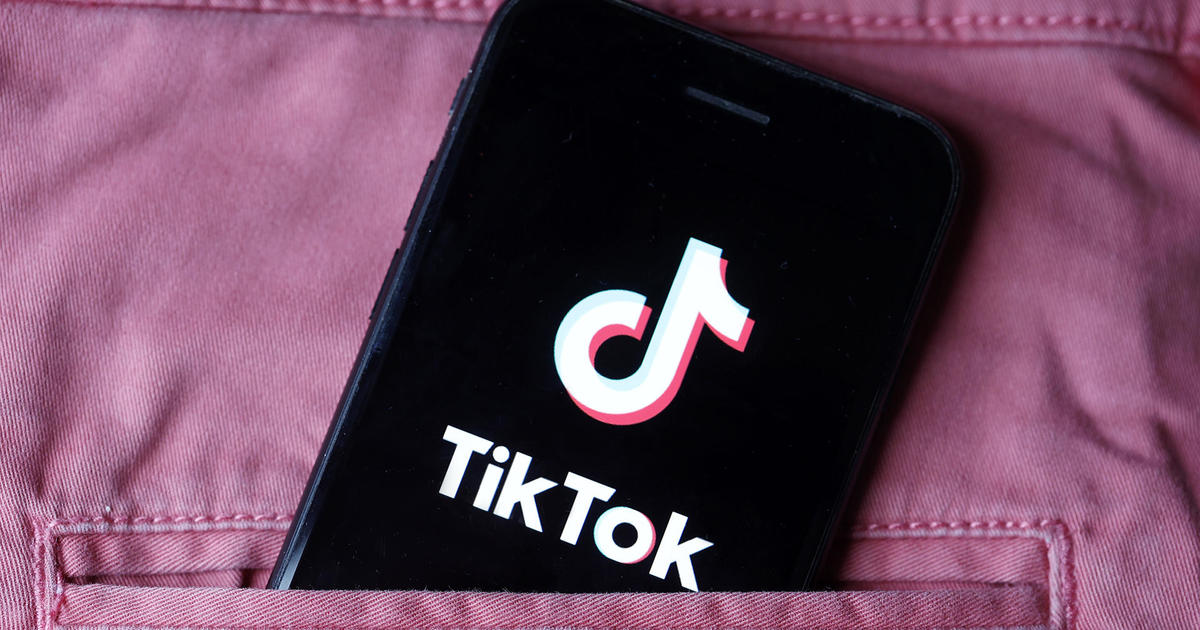Mazz: 'Most Valuable' Open To Wild Interpretation
BOSTON (CBS) -- Here's the problem with baseball's Most Valuable Player Award: there is no right answer. The term "most valuable" is open to wild interpretation, a hole so big that Pablo Sandoval could run through it sideways.
So is Mike Trout a bad choice? Of course not. But that doesn't mean he was the right choice, especially here in Boston, where it's impossible to understand how Trout meant more to the Los Angeles playing on a last-place team than Mookie Betts did to the Red Sox playing on a first-place team.
Here's what I do know: based on the guidelines sent to voters along with the actual ballot – a mailing I have received on more than one occasion – voters are instructed to vote for the player who is most valuable "to his team." For me, that was always an important distinction. There is a difference between the player who is most valuable "to his team" and the one who is most valuable "in the league," the latter almost always being the best player.
Understand the difference? If you're assigning values in a video game to the American League players in 2016, Trout would be the highest. Even then, he didn't mean all that much to the Angels, who stunk despite Trout's play. The Angels have been so bad during Trout's career, in fact, that there has been talk of trading him, which means he would actually have more value to them if he left.
How's that for a harsh reality? If the Angels were to act and trade Trout this winter, they will have traded the player most valuable "to his team" the same way that the 2003 Texas Rangers dealt away Alex Rodriguez. Of course, that was the last time the AL had an MVP winner who did not play in the postseason.
Sorry, but that's just stupid. It's hardly Trout's fault, but if your efforts don't change things for the better, well, then that means you just weren't that valuable.
In the case of A-Rod, at least, there was a relative dearth of candidates. (Think Republican party circa 2016.) The second-place finisher that year was Carlos Delgado, whose team finished 15 games out of first place. Toronto, Boston and New York accounted for the next seven finishers in the balloting behind Rodriguez, a list that included outfielder Shannon Stewart, who joined the Blue Jays in a midseason trade.
The rosters of the Red Sox and Yankees, in particular, were so deep that it was damn near impossible to distinguish one player from the next.
But this year? This year was different. Betts was indisputably the best all-around player on the Red Sox. (David Ortiz undoubtedly took some votes away from Betts, but the voters typically dock points for being a designated hitter.) Had Betts had a better September – his .762 OPS for the month was his second-lowest of the season – he might have won going away. But he didn't. And so the voters defaulted to the "best player in the league," which doesn't seem like what the award was intended for.
At least for most of us.



